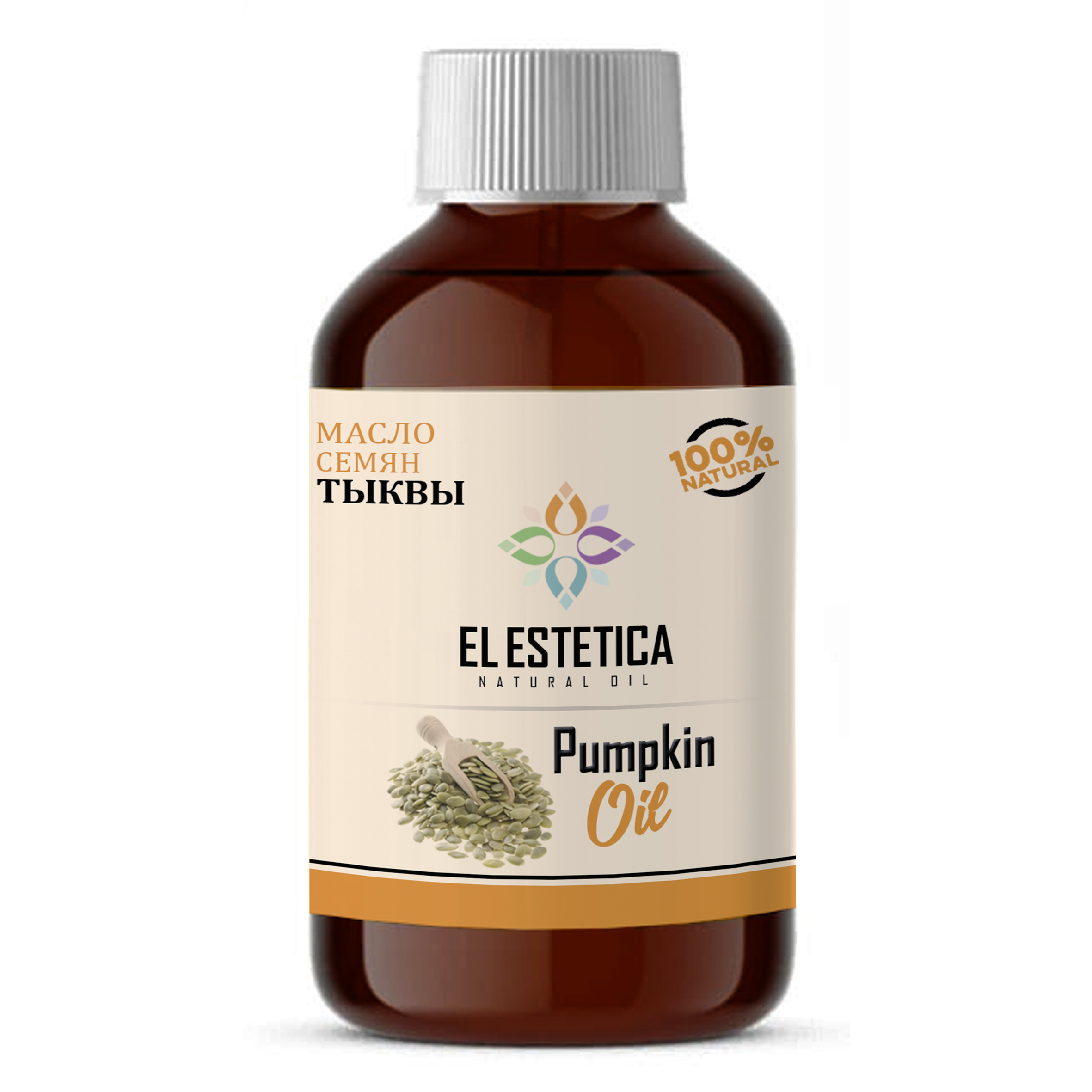

PUMPKIN SEED OIL
$25.00 – $65.00
Botanical Name: Cucurbita pepita
Family Name: Cucurbits gourd family
Synonyms: pumpkin, pumpkin seed, Тыква, гарбуза, potiron, zucca
Ingredients: Vitamins A, B1, B2 and C Minerals: Chlorine, Iron, Fluorine, Iodine, Potassium, Calcium, Copper, Magnesium, Sulfur and Zinc, as well as Niacin, Pyroxine, Biotin, Pantothenic Acid, Delta-7 Setrin, Beta Silorsterol
- Description
- Additional information
- Reviews (0)
Description
In Europe, pumpkin seed oil is also called “black” or “green” gold. The fact is that due to the exceptional qualities of this product, it was highly valued for a very long time. And then a small bottle of pumpkin seed oil cost the same as gold.
Composition:
Pumpkin seed oil is considered a storehouse of vitamins, nutrients, an aid in the treatment of many completely different diseases. Pumpkin seed oil contains linoleic acid 47%, palmitic acid 13%, oleic acid 29%, stearic acid 8%, chlorophyll, carotenoids, pectins, flavonoids, phospholipids, hormone-like substances, vitamins A, E, F, B1, B2, B3, B6, B9, C, P, T, K, macro- and microelements (more than 50) and other biologically active substances necessary for human health.
Indications:
– For oral administration:
cirrhosis of the liver, fatty liver disease, hepatitis of various etiologies, toxic liver damage (alcohol, drugs, industrial poisons), cholecystitis, cholangitis, biliary dyskinesia, cholestasis, cholelithiasis (prevention); gastric ulcer and duodenal ulcer intestines (scarring phase), acute and chronic gastritis, esophagitis, colitis, enterocolitis (non-infectious genesis); hyperlipidemia IIa and IIb types, atherosclerosis (prevention; a combination with other lipid-lowering agents is possible);increased need for vitamin E; chronic diseases and cachexia in the elderly (as a general tonic); deworming and prevention of parasitic carriers of various tapeworms.
· For external and local use:
periodontal disease, periodontal disease, stomatitis, gingivitis; herpes, psoriasis, eczema, dermatitis, hyperkeratosis (as part of complex therapy); burns and burn disease; wounds, incl. gunshot, trophic ulcers, bedsores, radiation damage to the skin, frostbite; erosion of the cervix, colpitis, endocervicitis, pre- and postoperative treatment in gynecology.
Method of using pumpkin seed oil:
It is recommended to take pumpkin seed oil 1 teaspoon 3 times a day 30 minutes before meals (or 2 hours after meals), without drinking it with cold water (in case of mild eructations, pumpkin seed oil should be seized with a piece bread or drinker with orange, grapefruit or lemon juice). The duration of such a course of treatment should be: for diseases of the stomach and intestines – 2-3 weeks; for liver diseases and for the prevention of atherosclerosis – 6-8 weeks; for diseases of the prostate gland -4 weeks. In the case of other types of diseases, the course of treatment is 1 month.
Contraindications to the use of pumpkin seed oil:
Individual intolerance. People with diabetes should consult a doctor before using pumpkin seed oil. Pumpkin seed oil has a mild laxative effect, and therefore, against the background of its regular internal use, loose stools may appear. With calculous cholecystitis (gallstone disease), pumpkin seed oil should be taken with caution, because due to its strong choleretic properties, this product can cause movement of stones in the gallbladder (in this case, the therapeutic dose of oil should be reduced, while increasing the duration of the course of treatment).
Additional information
| Color | Dark brawny green to dark red |
|---|---|
| Extraction Method | Cold- pressed |
| Scent | Intense nutty |
| Parts Used | Seeds |
| Physical State | Liquid |
| Natural | Yes |
| ISO Certified | Yes |
| Purity | 100% |
| Size | 1000ML, 300ML, 500ML |









Reviews
There are no reviews yet.